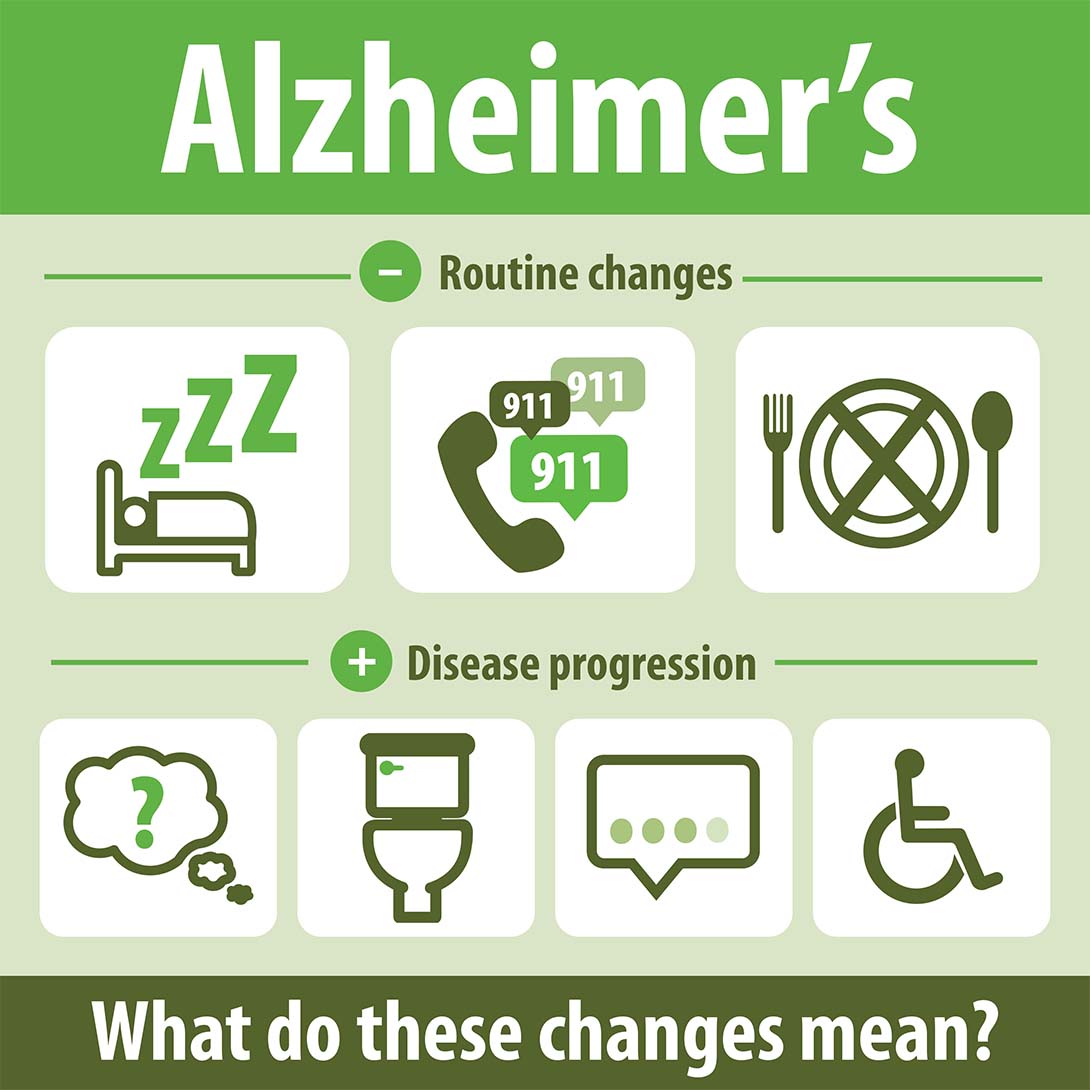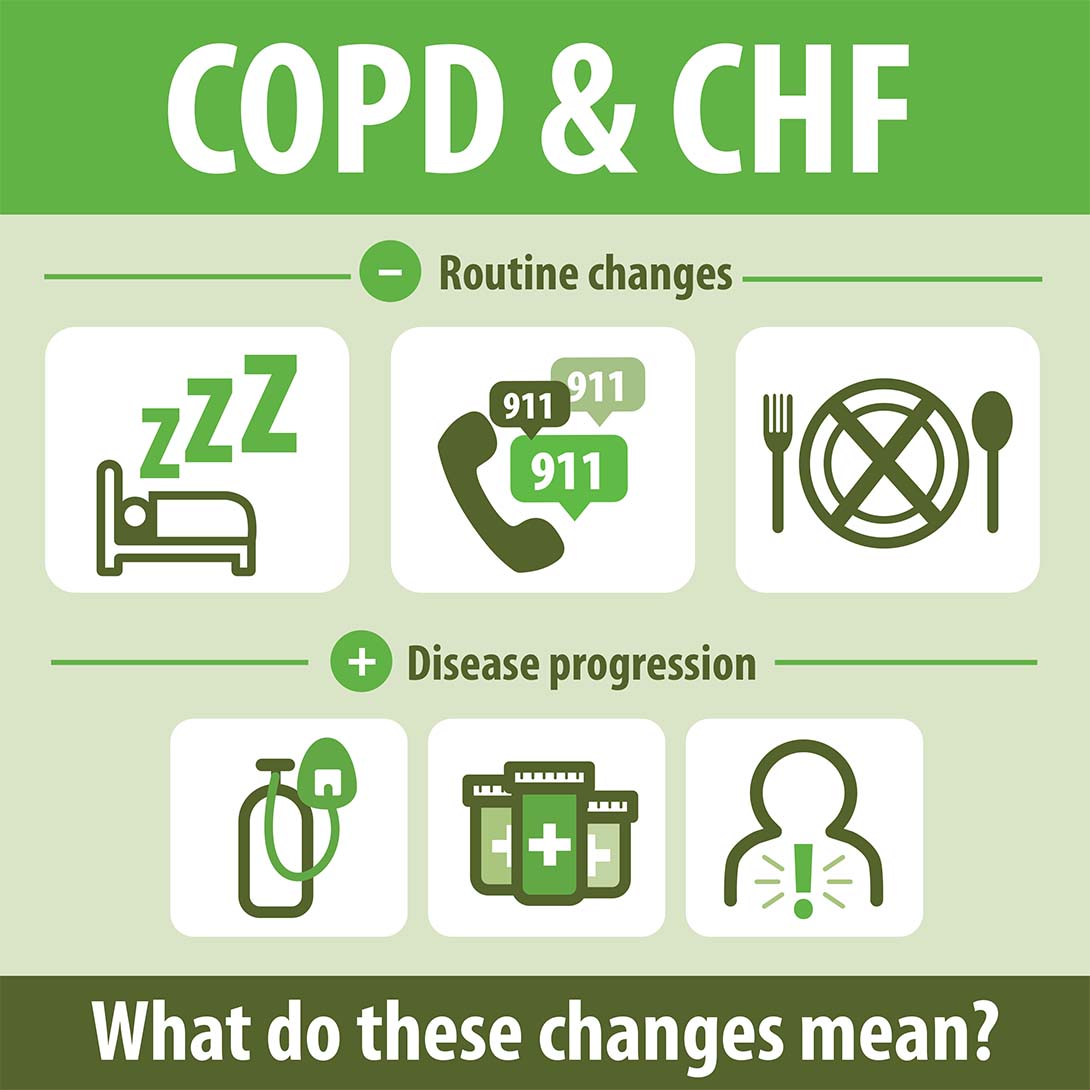Power of Attorney: Essential Care Documents
 “Does your friend have a Medical Power of Attorney?” asked the hospital staff.
“Does your friend have a Medical Power of Attorney?” asked the hospital staff.
After suffering a stroke, the patient lay in a coma with no chance of improvement.
She had no family and no advance directive, but her best friend said she knew her wishes. Her friend even produced a document with Power of Attorney established. However, the document covered financial matters only. A Medical Power of Attorney was needed - not just because it was her best friend or because she had no advance directive. While some states have a next-of-kin law allowing for family to make decisions when no Power of Attorney exists , any person who’s acting on the behalf of another - be it a friend or family member - should be designated in a documented Medical Power of Attorney and Financial Power of Attorney.
A Power of Attorney is a powerful document that ensures your designated representative can act on your behalf. To make sure your representative can act in both medical and business decisions, it is important to prepare both a Medical and a Financial Power of Attorney.
What is a Power of Attorney?
A Durable Power of Attorney is a legal document that gives the person you select the power to act in your place if you have become mentally incapacitated. Without this document, even your family will be unable to make key decisions unless they go to court to request guardianship. Having Financial and Medical Power of Attorneys set up in advance helps to make a difficult time easier for your loved ones and allows them to ensure your wishes are met.
Financial Power of Attorney
A Financial Power of Attorney allows your representative to act in your place for financial matters. This could mean everything from making sure that bills continue to be paid to selling major assets like your home.
Medical Power of Attorney
A Medical Power of Attorney allows your representative to make healthcare decisions on your behalf. This includes treatment decisions, removing ventilators or feeding tubes or any decision not included in your advance directive.
Choosing a Representative
It is essential to choose the right person who will your honor wishes when you can no longer act on your own behalf. It is also essential to keep in mind that this might mean two different representatives: one for financial matters and one for medical decisions. Choose the person — or people — who will follow your treatment preferences.
Making Your Wishes Known
Once you have selected your representative, speak with them about your wishes. Give them a copy of your advance directive and your Medical and Financial Power of Attorneys so there are no questions about what you would choose for yourself.
Resources
End-of-life conversations can be difficult to start, but they are essential to ensure you and your loved ones are on the same page about your care. The Conversation Project Starter Kit can help you get started.
If you found this information helpful, please share it with your network and community.
Copyright © 2015 Crossroads Hospice. All rights reserved.




